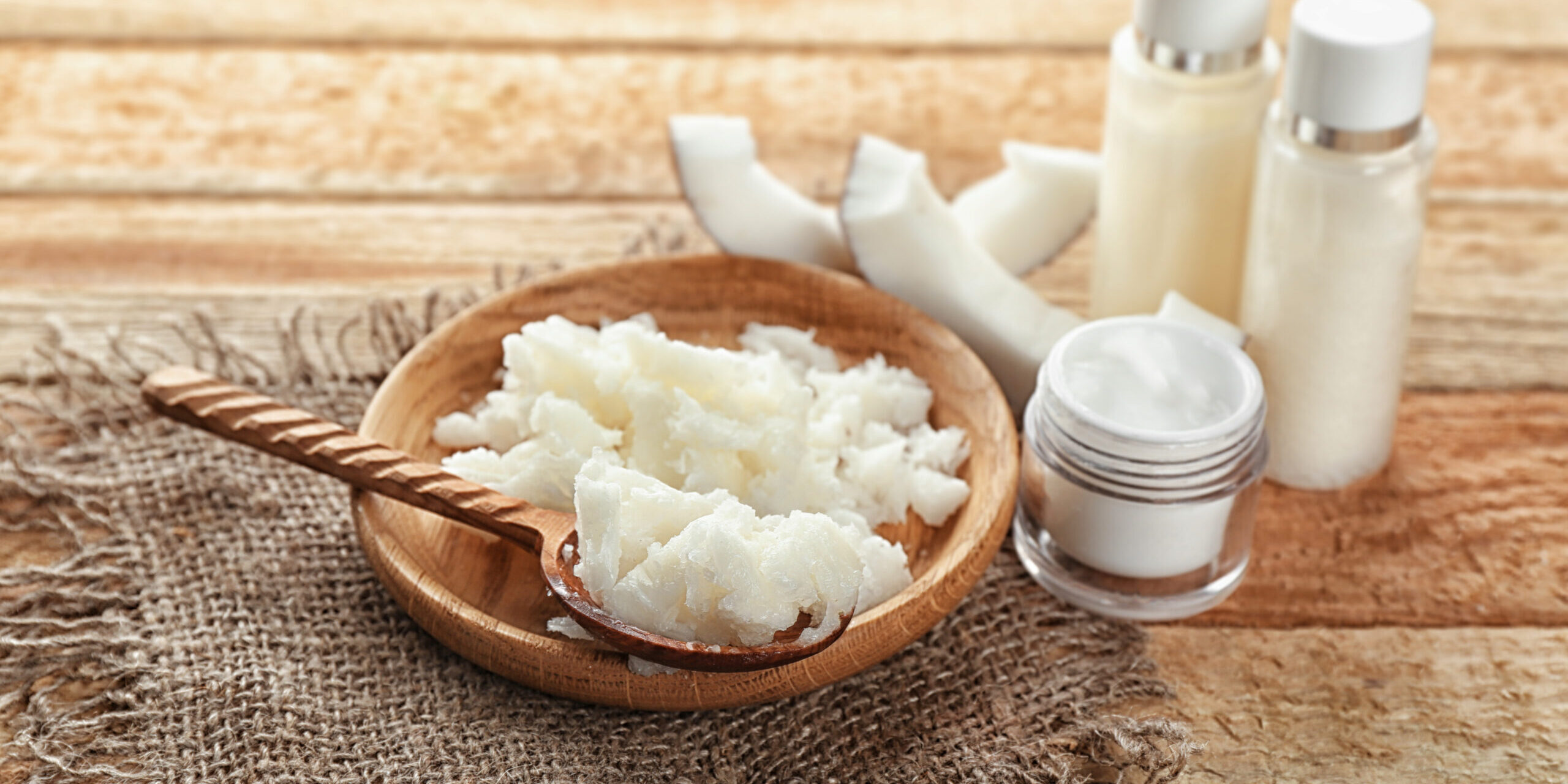By Helaine Krasner, RD, CDN
You may have heard or read recently about the many benefits of coconut. For example, coconut oil is being promoted as a better alternative to other fats. Coconut water and coconut milk are being advertised as nutritious beverages. It’s easy to become confused or be swayed to try one of the latest food and nutrition trends. Here’s what you need to know.
Just the Facts:
The fruit (or meat): 1 medium coconut contains 1400 calories, most of which come from fat. As a plant, coconut contains a good amount of fiber, potassium and iron. One ounce of unsweetened flaked coconut meat contains 185 calories, 18 grams of fat (more than in one tablespoon of oil), 7 grams of carbohydrate (5 grams are from fiber) and 2 grams of protein.
The oil: The type of fat in coconut is saturated and not the heart-healthier types, monounsaturated and polyunsaturated. There is some scientific evidence that the type of saturated fat in coconuts is not as harmful as that found in animal products. Coconut oil may help raise good cholesterol, called HDL, but it will also raise harmful cholesterol, called LDL. Like all fats, coconut oil contains 120 calories per tablespoon and should be consumed in moderation.
The milk: Coconut milk is made from brewing coconut “meat” and water. It is a high calorie beverage that is also available in a “light” reduced-fat version. One cup of coconut milk provides 445 calories a whopping 48 grams of fat. Compare that to one cup of whole milk which provides 150 calories and 8 grams of fat. Even the light versions contain way more fat compared to dairy or other non-milks.
The water: Coconut water may be promoted as a healthy sports drink to help rehydrate you after a workout. Keep in mind that plain water is the healthiest form of hydration for most people. Although coconut water does contain potassium, it doesn’t contain nearly as much sodium as a typical sports drink. In addition, coconut water provides about 45 calories per 8 oz cup, more than half coming from sugar.
The takeaway:
If you want to incorporate coconut into your diet here are some tips:
- Use unsweetened coconut flakes sparingly as a topping or in recipes due to it’s high fat content.
- Use coconut oil sparingly to replace less healthy saturated fats such as butter or lard.
- Select the light version of coconut milk in recipes. Coconut milk as a beverage is not a healthier milk alternative due to it’s higher fat content.
- Limit coconut water intake. It contains calories from sugar which could add up in large quantities.
Helaine Krasner is a Registered Dietitian Nutritionist who takes great pride in helping our Bariatric and Medical Weight Management patients achieve their health and weight loss goals.

